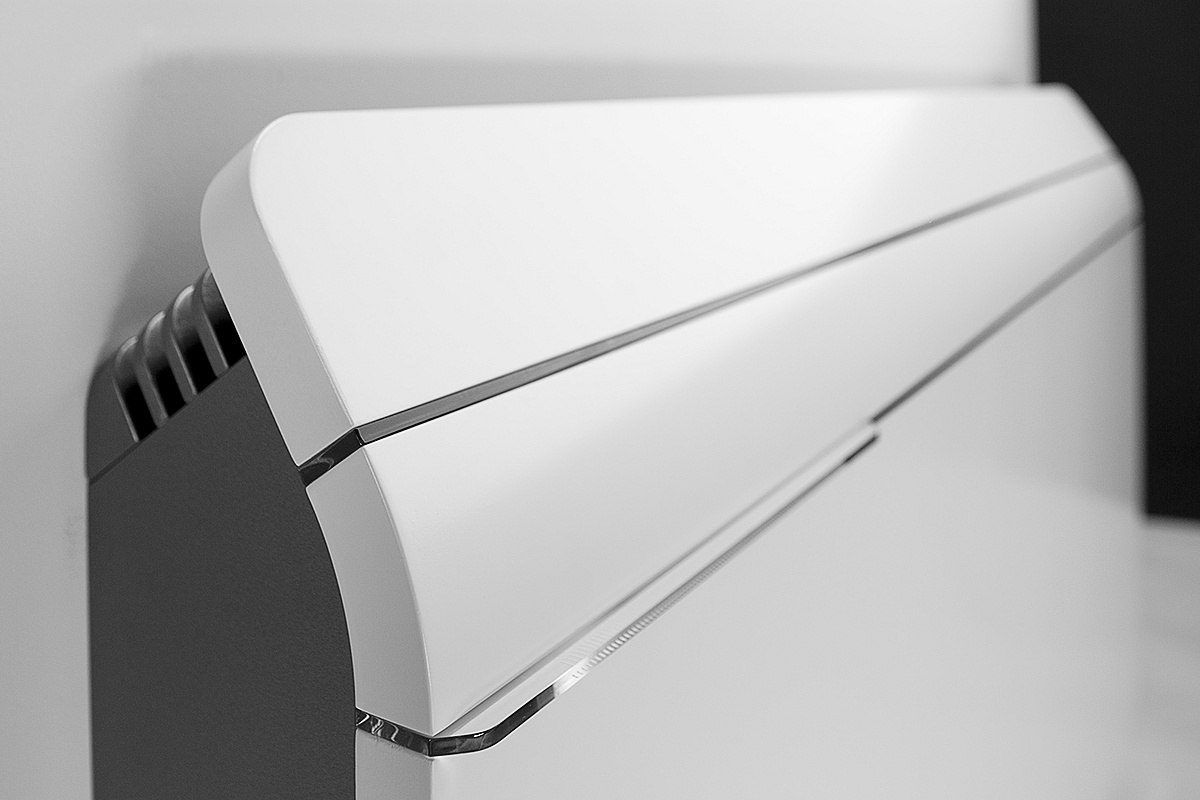Nerdalize has been awarded a €250,000 grant to develop its unique system of heating homes free of charge – using existing computer power.
The concept is beautifully simple; use the heat generated by computers to keep homes warm and sell the generated computing power to academia and industry. Currently companies build separate data-centres to house and cool their servers. “So we thought if we could place a server in the home”, explained Boaz Leupe, CEO of Nerdalize, “we could reuse the heat generated to warm the house”.
Not only does this system save energy by reusing the wasted energy, it could also save companies a lot of money in terms of overheads. About 60% of the costs of owning of a data-centre is spent on the building and cooling infrastructure. That’s partly because current cooling techniques are relatively inefficient according to Mathijs de Meijer, CTO of Nerdalize and a graduate of TU Delft. “You need to move lots and lots of air around to keep the servers at the proper temp. Then you need to cool down the warm air using something akin to air-conditioning. This is very energy intensive. The average European data-centre spends around 50% of its energy on cooling. With our technology, this has been reduced to about 1%.”
The €250,000 grant, awarded by the Dutch government’s Technology Foundation, STW, will allow Nerdalize to continue developing both the cooling technology and the commercialisation possibilities. And how would the business-model work? “Clients can hire computational power on a time basis so do their calculations on the computers we’ve placed in private homes”, said Mathijs de Meijer, CTO of Nerdalize. “And because they don’t have to build a data-centre, that computational power can be delivered at a much lower price.”
If the concept is simple, the technology is certainly not. “What we do is distribute the calculations where the heat is mostly needed. That’s where the broadband and virtualisation structures come into play. It’s very complicated and extra variables have to take into account to work out how and where to distribute the computational power”, explained de Meijer.
Working out of the YES!Delft Technology Incubator, Nerdalize is now working with larger companies that optimise the whole process, including the development of a the radiator-like ‘heater’ to be installed in people’s homes.
“Our goal is to create a world where heating is free and computing is available as a sustainable and affordable commodity, a bit like tap-water”, said Leupe.



Comments are closed.